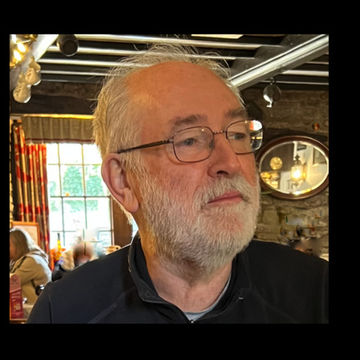Investigating ancient farming by analogy: appeals to practical and cultural reasoning
Paul Halstead, PhD
Emeritus Professor, Department of Archaeology
University of Sheffield, UK
Abstract
Reconstructing ancient farming regimes from archaeological evidence, such as domestic animal bones and charred crop remains, and likewise from often idealising and ambiguous early written sources, is challenging and perhaps especially so for scholars raised in an urban environment (most of us!). Against this backdrop, it is no surprise that, consciously or not, we routinely interpret available evidence in the light of better documented farming practices (preferably ‘traditional’!) in the present or recent past. The benefits and risks of such analogical reasoning have been much debated, albeit more so by archaeologists than historians, with much discussion focussing on how we might demonstrate the relevance of specific recent practices to particular (pre)historic contexts. In regard to the reconstruction of ancient farming regimes, claims to relevance are arguably most persuasive when based on appeals to practical rather than cultural reason. This proposition will be evaluated, while acknowledging that distinction between the practical and the cultural is sometimes difficult.
Bio
Paul Halstead is a (mainly prehistoric) archaeologist with two principal and complementary areas of research activity. First, he has explored the economic and social dynamics of early farming and early hierarchical communities in Greece and the Aegean, drawing on original zooarchaeological analyses (macroscopic, microscopic and isotopic) and the synthesis of zooarchaeological and archaeobotanical data with early textual and iconographic sources, as well as published studies of settlement organisation and portable material culture. Secondly, he has focussed on reconstruction of early farming and herding, particularly in later prehistoric and early historic southern Europe, using first-hand ethnographic and oral-historical studies of ‘traditional’ practices across the Mediterranean from Spain to Cyprus. He has used these studies to interpret available archaeobotanical, zooarchaeological and textual data on such varied topics as forest clearance by the first farmers, the antiquity of pastoralism, surplus mobilisation by Bronze Age ‘palatial’ societies, and the economic significance of olive cultivation and oil exports in Classical Athens.

488 Escondido Mall, Stanford, CA 94305
106